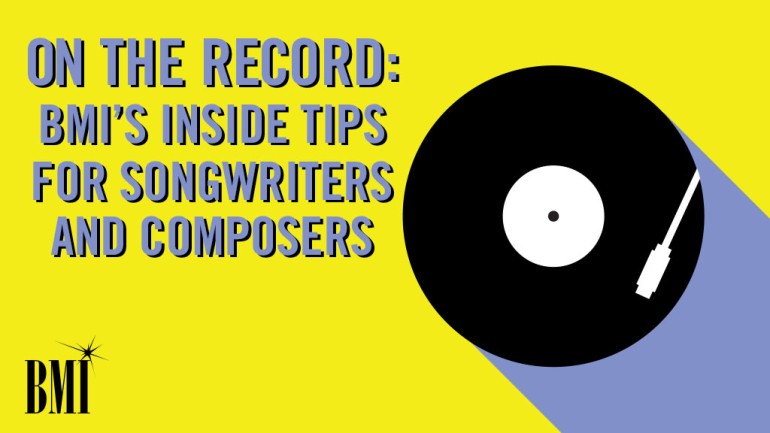What Advice Do You Have For Young Composers Just Leaving Their Graduate Programs?

This month, ‘On the Record’ puts its focus on classical music, and who better to ask about the genre than Deirdre Chadwick, Executive Director, Creative, Classical Music, New York.
In music, as in life, we rise and fall based on our relationships with others, and I don’t mean that it’s all about “who you know.” I mean that helping to build and participate in your musical community is a critical foundation for any and all progress you will make. This business is not about becoming a “star” by trying to figure out what path another person took and trying to follow it. There is no path, there is only you, your gifts and abilities, and your respect for and generosity towards the art form and others who pursue it. When you buy into the reciprocity that this difficult business requires, you begin to create the fertile ground where your career can grow; then you can make your own path.
Sometimes people ask, “What makes music classical?” At BMI, we have a very specific definition of the word *classical*. It doesn’t denote instrumentation, or how the music sounds, but only the purpose for which the music was written. Many film scores, for instance, use orchestral instruments and sound “classical” as compared to pop songs. However, for a work to be registered as classical at BMI, it must be originally composed for live performance in a concert, by a classical ensemble or under a classical license. In a classical concert, the music and the musicians are the sole focus.
Stay tuned into The Weekly for more universal tips that work for music creators of every genre!






Community
Connect with BMI & Professional Songwriters